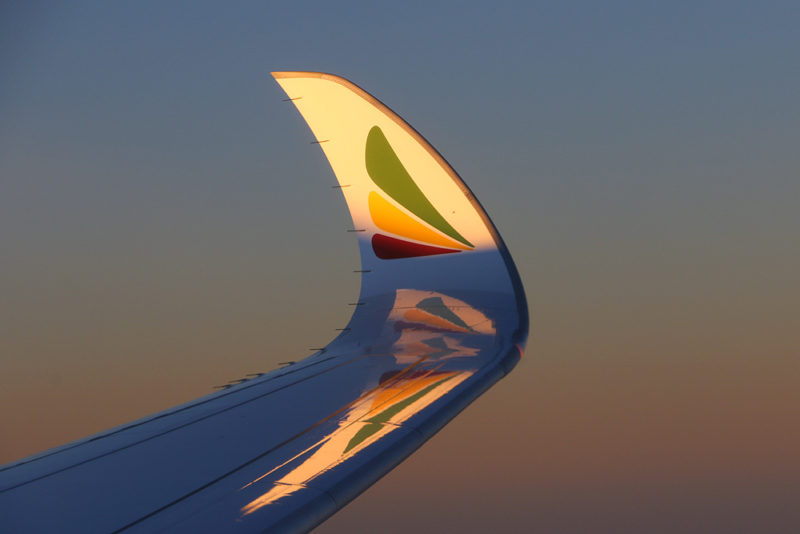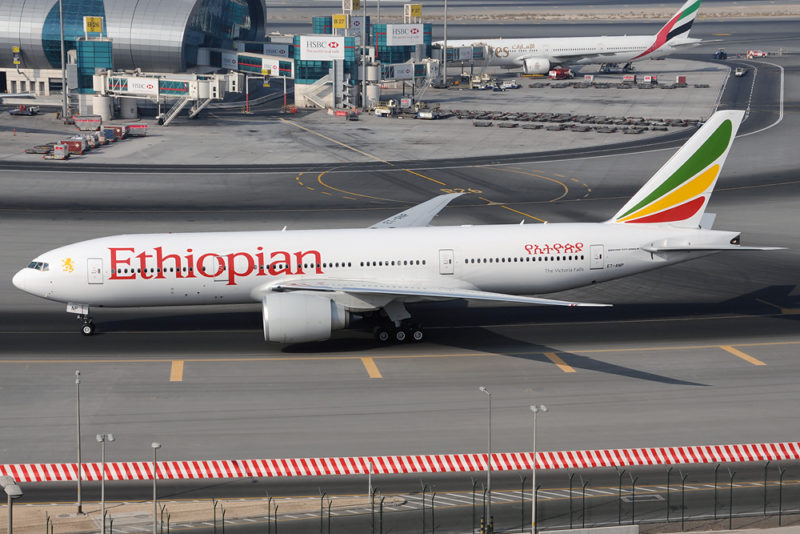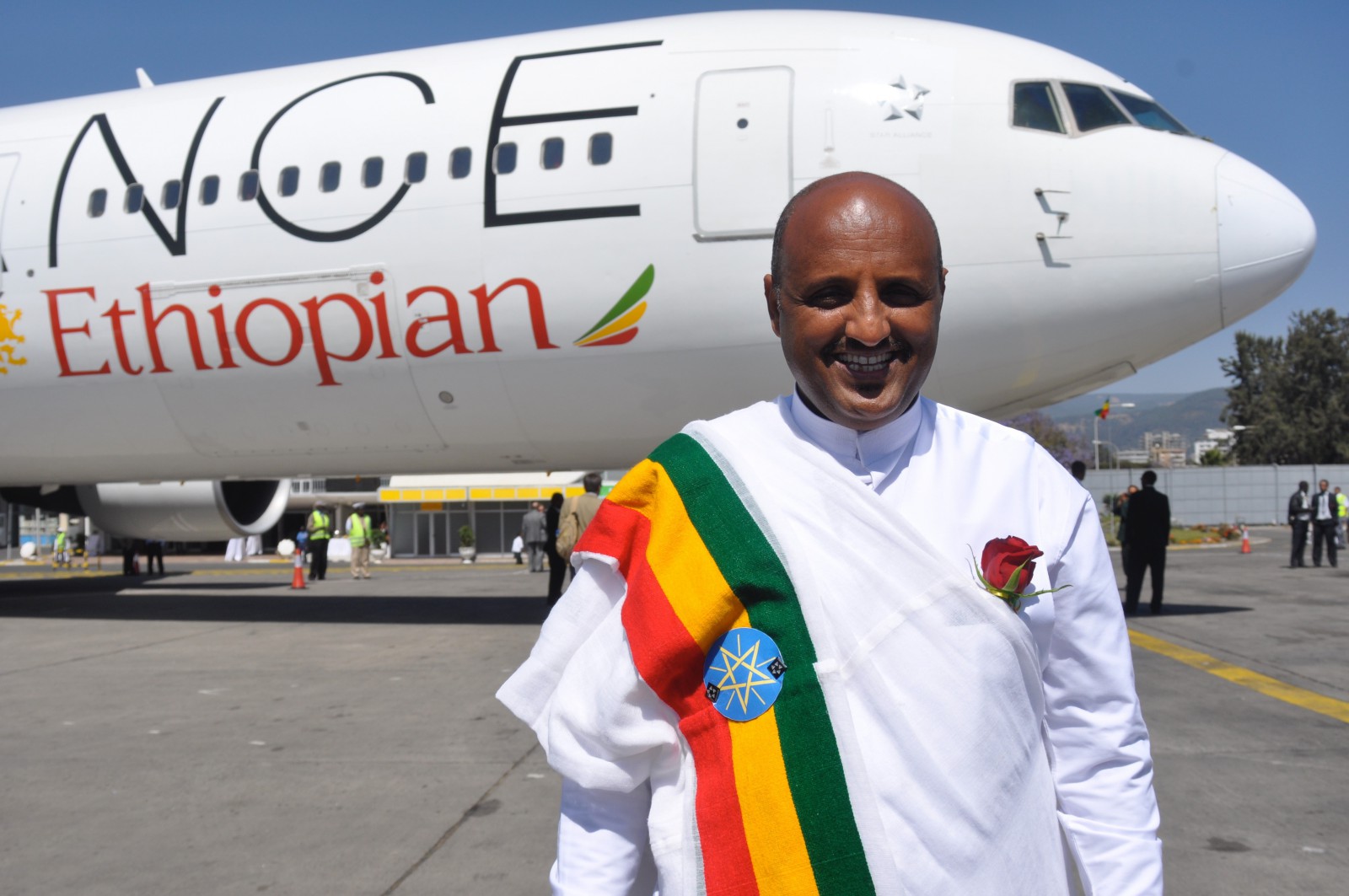Having a meeting with the CEO of Africa's largest airline is always a pleasure. Tewolde GebreMariam is Ethiopian Airlines Group CEO and we have know each other for about 20 years. He revealed to me the latest developments in the largest network airline in Africa.
In early December, Ethiopian will start a new carrier in Kinshasa, the capital of the Democratic Republic of Congo (DRC), with a fleet of 10 aircraft. The carrier will be named Air Congo.
“We just signed [an agreement] with the government of DRC, which owns 51% of the airline and 49% is with us. The fleet will comprise De Havilland Canada Dash 8-400s, Boeing 737s and two 787s.”
Ethiopian Airlines CEO Tewolde GebreMariam
He noted that the DRC presented a significant market opportunity, as the country boasts the third-largest population in Africa with 100 million inhabitants. Elsewhere, Ethiopian is also involved in the launch of a new airline in Zambia which is set to launch on 1st December. “We have the AOC, the aircraft—51% will be held by the government and 49% by us,” the CEO said.
Describing Ethiopian Airlines’ role, GebreMariam said his carrier is able to bring in all the necessary support to get a new airline off the ground; this includes aircraft, pilots, technicians and leadership.
Lufthansa Group of Africa
“The driver for such a group of airlines is not the return on investment. It is to support our hub Addis Ababa (ADD),” he said. “We want to expand inter-African routes further, because the connectivity [within the continent] is still not well. Ethiopian Airline is like the Lufthansa Group of Africa. Lufthansa has airlines like SWISS, Austrian etc.”
Ethiopian also has its own-brand airline in Mozambique, but was forced to stop operations in May 2021 as a result of the pandemic. “Our airline in Mozambique will come back. But the country itself has big challenges even beyond COVID-19,” GebreMariam said.
Ethiopian Airlines has further strategic partnerships with ASKY in Togo on the west coast, Malawian Airlines in southern Africa and Chad-based Tchadia Airlines in north-central Africa. Ethiopian also has a management contract with Ceiba Intercontinental in Equatorial Guinea.
In GebreMariam’s view, cooperation with airlines in Africa is difficult; especially when it comes to establishing a new carrier. Previously, Ethiopian had wanted to be part of the re-established South African Airways. “We have been active with South African Airways to give them proposals, but unfortunately we were not selected,” he said.
Another market where the CEO sees opportunities is Nigeria. “[In Nigeria] we are still in discussions to set up an airline,” GebreMariam said. “And it is still in my mind that we have to do something in Northern Africa.”

Competition on African Market
But more airlines from the Middle East, like Qatar Airways and Emirates, are targeting the African market. “We have grown up with the competition, but it is intensifying. Qatar Airways is now in Rwanda [by cooperating with Rwandair]. It is going to be a tougher competition for us. But we have lived long enough with competition,” GebreMariam said.
Ethiopian currently operates to 62 destinations in Africa. “Turkish Airlines have 51,” he added. “Ethiopian operates around 65% of its entire capacity,” the CEO said, adding that the passenger recovery has been extremely slow. He gave the example of China: “Before the COVID-19 pandemic, we had 35 weekly flights from Addis to China. Today we have only one flight a week. Actually, the entirety of Asia is closed.”
In normal times Ethiopian Airlines would be flying to a total of 127 destinations worldwide. “The fastest route from China, Korea or Japan to Brazil is with us via Addis,” he said.

Future Route Plans
When asked about route planning, GebreMariam said a new service from Abidjan in the Ivory Coast to Washington Dulles would be coming soon. He also namechecked Houston, Amsterdam and Amman as future destinations, adding that there are talks ongoing with the Canadians to start Montreal flights via Dublin.
“Ethiopian Airlines is profitable, we are taking aircraft orders, paying all our loans with interest and lessors and we like to continue this way,” GebreMariam said.


